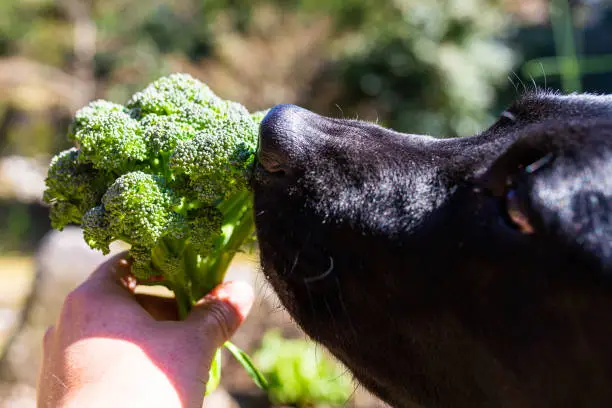Shavuot, the Jewish festival that commemorates the giving of the Torah at Mount Sinai, is often associated with rich dairy dishes like cheesecake, blintzes, and kugel. The tradition stems from several symbolic and historical reasons. Including the idea that after receiving the laws of kashrut (dietary laws), the Israelites had no kosher meat ready and thus opted for dairy.
This custom of eating dairy on Shavuot dates back to at least the 13th–14th century, where it is first mentioned in the Kol Bo, a halachic and liturgical compendium. The Kol Bo explains that some communities would eat dairy and then meat, requiring two loaves of bread on the table, symbolically recalling the two loaves (shtei halechem) offered in the Temple on Shavuot. Over time, more explanations emerged, including mystical interpretations and later halachic justifications.
But as more people adopt plant-based diets for ethical, environmental, or health reasons, many are asking: Can Shavuot be vegan? The answer is a resounding yes. With creativity and intention, it can be both meaningful and delicious.
The Spirit of the Holiday
Shavuot celebrates revelation, renewal, and responsibility. Choosing a vegan approach aligns with these values by emphasizing compassion for animals, stewardship of the Earth, and mindful consumption. Many modern Jewish thinkers argue that living in accordance with ethical ideals is itself a way of honoring the Torah.
The Ethics of Dairy Today
Some Jews are now questioning whether eating dairy in the modern era still fits the values that Shavuot represents. In ancient times, dairy may have come from a family’s own animals, cared for with relative gentleness. Today, the situation is drastically different.
Modern industrial dairy farming often involves practices that raise serious ethical concerns:
• Calves are routinely separated from their mothers within hours of birth to maximise milk production for human use, causing severe distress to both cow and calf.
• Male calves, who are of no use to the dairy industry, are frequently killed shortly after birth or sold into the veal industry.
• Cows are artificially inseminated repeatedly to keep them lactating, leading to immense physical strain and suffering.
• Lameness, infections like mastitis, and premature slaughter are common outcomes due to intensive production demands and poor living conditions.
Given these realities, many argue that choosing vegan dairy alternatives is not only more compassionate but also more aligned with Jewish values, such as tza’ar ba’alei chayim — the prohibition against causing unnecessary suffering to animals. A vegan Shavuot, then, could be seen as not just permissible, but even preferable in fulfilling the ethical ideals of the Torah.
Vegan Alternatives for Classic Dishes
Vegan Shavuot doesn’t mean giving up beloved flavours, just reimagining them:
• Cheesecake: Cashew-based, tofu-based, or vegan cream cheese versions abound, often indistinguishable from the original.
• Blintzes: Use a plant-based crepe batter and fill with sweetened vegan ricotta (made from nuts or soy).
• Lasagna or baked ziti: Rich béchamel or almond-based ricotta substitutes can make these dishes equally comforting.
• Kugel: Sweet noodle kugels can be made with egg replacers and non-dairy milks like oat or coconut.


















